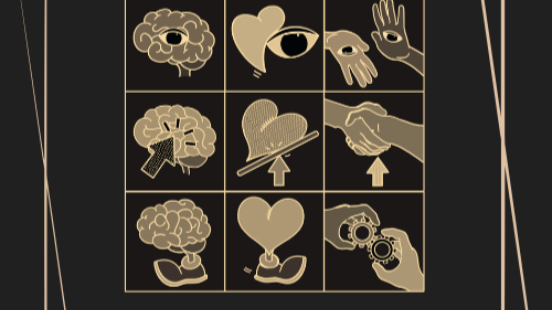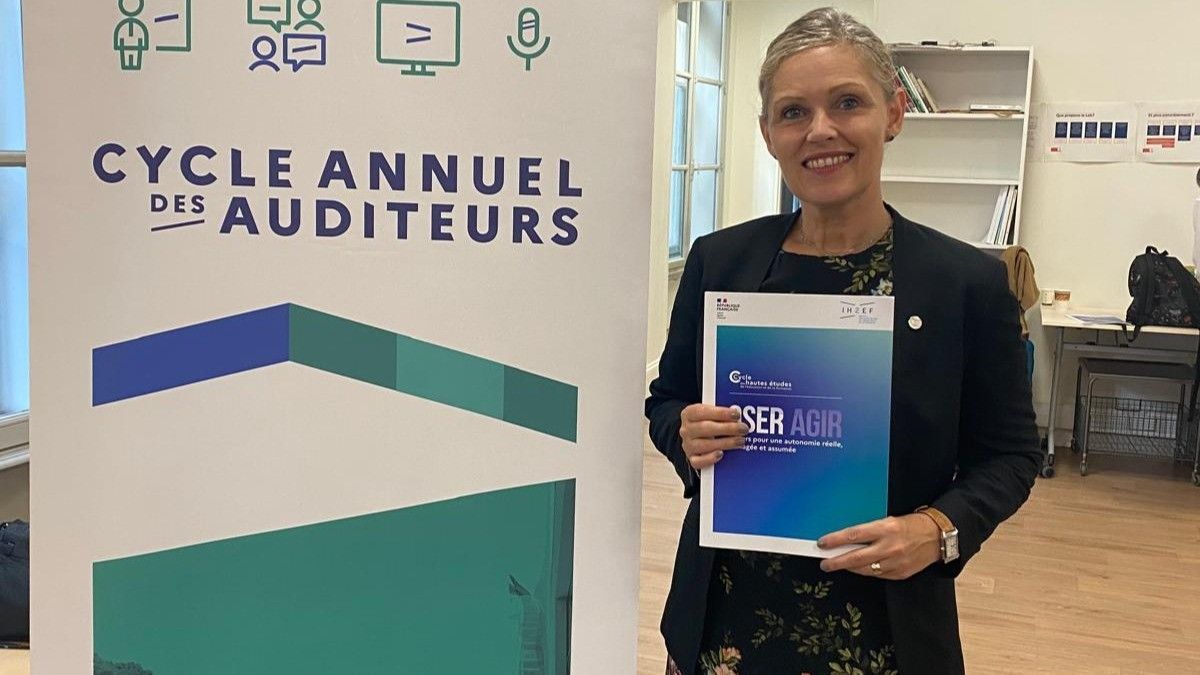Competency 16 - Effective Communication Skills
Transforming Conflict into Growth:
Social Competencies: Constructive Communication
Specific Competency: Effective Communication Skills
Statement: Effective communication involves clear expression and valuing the perspectives of others. This competency is essential for building trust, resolving conflicts, and fostering strong relationships.
Introduction
Having developed empathetic listening skills, we now move to effective communication skills. While listening is crucial, being able to express oneself clearly and constructively is equally important. Effective communication helps convey your thoughts and feelings in a way that is understood and respected by others. Additionally, managing oneself during communication is vital to ensure interactions are productive and respectful.
The Science of Effective Communication
Effective communication involves both verbal and non-verbal elements. It requires creating the right conditions for communication, clarity, conciseness, and the ability to convey messages in a way that is easily understood. It also involves active listening, empathy, and respect for the other person’s perspective. Research shows that effective communication can enhance relationships, improve teamwork, and lead to better problem-solving.
Elements of Effective Communication
To fully develop effective communication skills, it's essential to understand its core elements:
- Creating the Right Conditions: Establishing a conducive environment for open and honest communication.
- Self-Management: Managing your emotions, biases, and reactions to maintain productive and respectful interactions.
- Clarity: Ensuring that your message is clear and easily understood.
- Conciseness: Keeping your message brief and to the point.
- Coherence: Ensuring that your message is logical and consistent.
- Courtesy: Being respectful and considerate in your communication.
- Active Listening: Fully engaging with the speaker and responding appropriately.
- Non-Verbal Communication: Using body language, facial expressions, and tone of voice to reinforce your message.
How Previous Competencies Help Develop Effective Communication
- Self-Knowledge (Competency 1): Understanding your strengths, weaknesses, and communication style helps you express yourself more effectively. The DiSC Model can be a valuable tool in this regard. It not only enhances self-awareness but also helps you understand how others function, enabling you to create the conditions for effective communication. Learn more about it my this Forbes article.
- Empathetic Listening Skills (Competency 15): Understanding and responding to others' emotions enhances your ability to communicate effectively.
- Expressing One’s Emotions Positively (Competency 11): Clearly articulating your feelings helps in delivering your message constructively.
- Critical Thinking Skills (Competency 2): Analysing and organising your thoughts helps in conveying your message clearly.
Part A: Start By Yourself
Objective: Develop effective communication skills by practising clear and concise expression and self-management.
Instructions:
A) Reflect on Successful Conversations:
- Identify a Positive Conversation: Think about a recent conversation during your summer holiday where you felt your message was understood and the interaction was successful. Write down the details of the conversation.
- Evaluate Your Communication: Reflect on how you communicated. What made the conversation successful? Did you manage your emotions and reactions effectively? Were there any biases or limiting beliefs you overcame?
B) Practise Clear Communication:
- Prepare Your Message: Think about a message you need to convey during your holiday. Write it down and revise it to ensure clarity and conciseness.
- Use “I” Statements: Express your feelings and thoughts using “I” statements to take ownership of your message. For example, “I feel…” instead of “You make me feel…”
- Check for Understanding: After conveying your message, ask the listener to repeat back what they heard to ensure understanding.
- Manage Your Reactions: Practise staying calm and composed, even when the conversation becomes challenging. Be aware of any biases or limiting beliefs that may affect your communication.
C) Alternative Activities to Enhance Communication:
- Role-Playing: Practise delivering your message with a friend or family member and ask for feedback.
- Mindfulness Exercises: Practise mindfulness to stay present and focused during conversations.
- Feedback Journaling: Keep a journal to record feedback on your communication skills and plan for improvements.
Benefits:
- Enhances clarity and understanding.
- Builds trust and respect.
- Reduces misunderstandings and conflicts.
Part B: Share with Pairs, Family, or Friends
Objective: Develop effective communication skills together by practising clear expression, self-management, and providing constructive feedback.
Instructions:
A) In Pairs or Groups:
- Share a Message: Take turns sharing a message you need to convey. Practise clear and concise communication.
- Provide Feedback: After each person shares, provide feedback on their communication skills. Highlight what they did well and suggest areas for improvement.
B) Support Each Other:
- Encourage Open Communication: Create an environment where everyone feels safe to express their thoughts and feelings. Encourage each other to communicate openly and respectfully.
- Plan Communication-Building Activities: Engage in activities that promote effective communication, such as team-building exercises or group discussions.
C) Reflect Together:
- Discuss Learnings: Reflect on what you learned from practising effective communication. Share insights and discuss how this skill has impacted your relationships.
- Plan for Continued Practice: Make a plan to continue practising effective communication in your daily interactions. Set goals for improving your communication skills.
Tips:
- Be clear and concise in your communication.
- Use “I” statements to express your thoughts and feelings.
- Check for understanding to ensure your message is received as intended.
- Manage your emotions, biases, and limiting beliefs to maintain a productive and respectful interaction.
Benefits:
- Strengthens relationships.
- Enhances emotional intelligence.
- Fosters a supportive and understanding environment.
Join the Journey By integrating these competencies into your daily life, you can improve your mental health, build stronger relationships, and better handle life's challenges. Stay tuned for the next set of social competencies!
Want to take it further, reach out and let's talk ;-)
Let'st work together, book me or my team for coaching, keynotes, training and consulting.
In the meantime,
Take care,
Krumma
PS: click here for the free mental fitness app that might change your life and your relationships https://positive-performances.passion.io/











